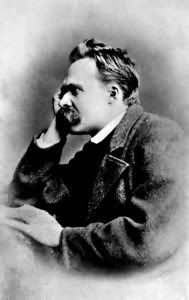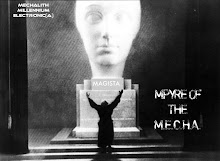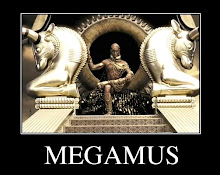
My recreation, my preference, my cure from all Platonism has always been Thucydides. Thucydides and, perhaps, Machiavelli's Principe are most closely related to myself by the unconditional will not to gull oneself and to see reason in reality-not in "reason," still less in "morality."
One must follow him line by line and read no less clearly between the lines: there are few thinkers who say so much between the lines.
With him the culture of the Sophists, by which I mean the culture of the realists, reaches its perfect expression...
Thucydides: the great sum, the last revelation of that strong, severe, hard factuality which was instinctive with the older Hellenes.
In the end, it is courage in the face of reality that distinguishes a man like Thucydides from Plato: Plato is a coward before reality, consequently he flees into the ideal; Thucydides has control of himself, consequently he also maintains control of things.


Thucydides: Greek historian and author of the History of the Pelloponneisan War,
which recounts the 5th century BC war between Sparta and Athens
to the year 411 BC Thucydides has been dubbed the father of "scientific history"
due to his strict standards of evidence-gathering and analysis in terms
of cause and effect without reference to intervention by the gods,
as outlined in his introduction to his work.
He has also been called the father of the school of political realism,
which views the relations between nations as based on might rather than right.
His classical text is still studied at advanced military colleges worldwide,
and the Melian dialogue remains a seminal work of international relations theory.
More generally, Thucydides showed an interest in developing an understanding of
human nature to explain behavior in such crises as plague,
genocide (as practiced against the Melians), and civil war.
- "It is a general rule of human nature that people despise those who treat them well, and look up to those who make no concessions."
- "But, the bravest are surely those who have the clearest vision of what is before them, glory and danger alike, and yet notwithstanding, go out to meet it."





















No comments:
Post a Comment